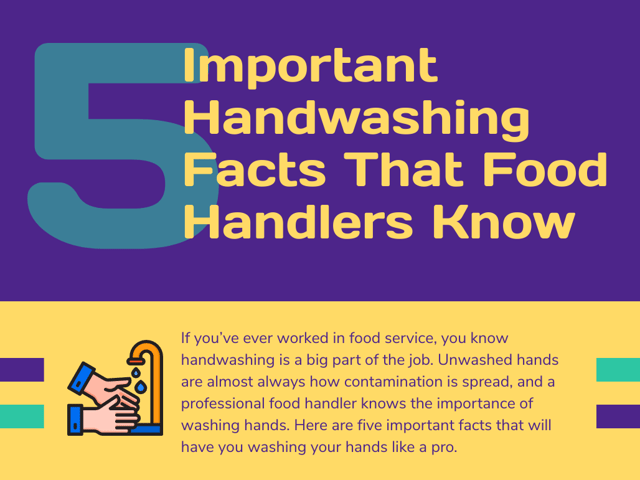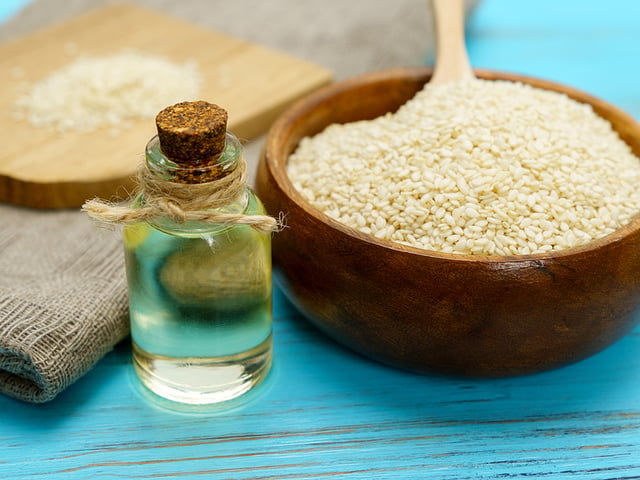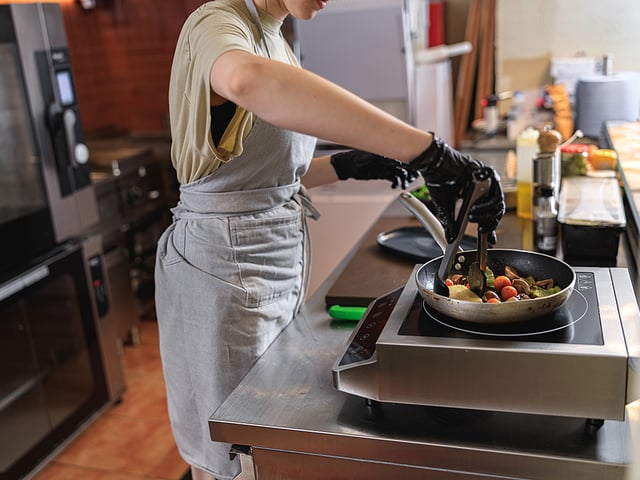
Five Important Handwashing Facts That Food Handlers Know
If you’ve ever worked in food service, you know handwashing is a big part of the job. Unwashed hands are almost always how contamination is spread, and a professional food handler knows the importance of washing hands. Here are five important facts that will have you washing your hands like a pro.
1. Water Temperature Doesn’t Matter
Emerging science suggests the water temperature has no effect on whether or not you’re truly getting rid of germs. The winning combination is clean running water, soap, and friction. Turns out, running hot water can be more costly and end up irritating your skin.
2. Wash for at Least 20 Seconds
Yes, 20 seconds. When the CDC recommended a 20-second hand wash as a means to control the spread of COVID-19, many were surprised to learn they hadn’t been washing their hands long enough. But not food handlers. Understanding that rubbing their soapy hands together (and in between fingers) for at least 20 seconds helps drastically reduce the amount of germs on one’s hands is part of a professional food handler’s job.
3. Wet Hands Can Equal More Germs
Hands should be rinsed well after washing, and then dried well in a safe way, because wet hands spread germs more easily. A single-use paper towel or air drying are the best ways.
4. It’s Hard to Wash Your Hands Too Much
If you’re not washing your hands a lot, you’re not washing them enough. Foodservice professionals know to wash their hands before work, before and after tasks, and after they’ve touched their clothes, coughed, sneezed, or pulled their hair up. Their hands are also washed after breaks, after handling trash or raw ingredients, after cleaning… basically any time their hands could have become contaminated.
5. Hand Sanitizer Cannot Replace Washing Hands
Hand sanitizer is great in a pinch, if you can’t get to a handwashing sink, but a foodservice professional would never use hand sanitizer to replace washing hands.
Now you know enough to begin to wash your hands like a foodservice pro! Hands are a big way germs are spread from person to person, or person to thing, so washing hands is our best means of keeping one another safe from the spread of germs.

Keep Reading

ServSafe Food and Alcohol Safety Exams Blog
How Long Does ServSafe Certification Last?
The ServSafe certification is a critical credential for professionals i…

ServSafe Food and Alcohol Safety Exams Blog
The Big Eight Food Allergens are Now the Big Nine
An allergen is typically a harmless protein that, for some, the immune …

ServSafe Food and Alcohol Safety Exams Blog
ServSafe Food Handler vs. ServSafe Manager: Which Course is Right for You?
The food service industry requires stringent adherence to safety and hy…